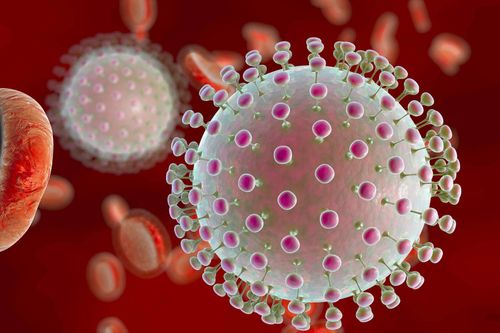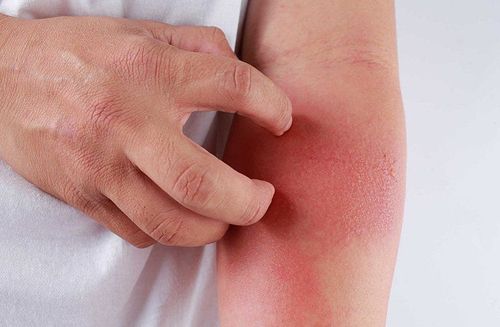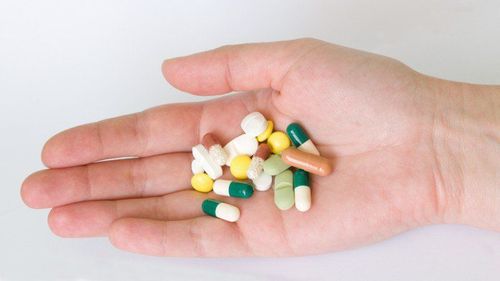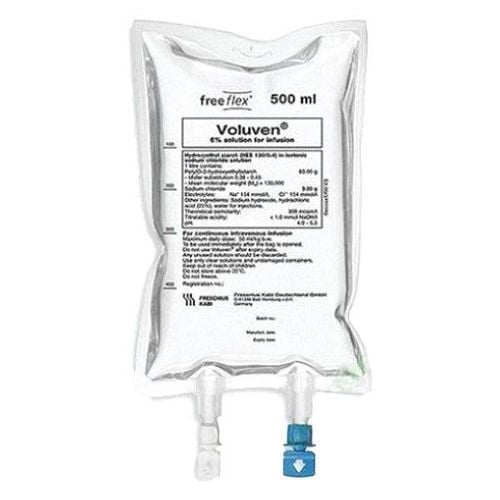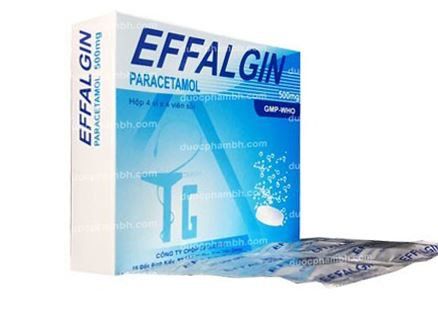This is an automatically translated article.
Dengue fever is an acute infectious disease that can spread widely and become an epidemic. The disease is caused by the dengue virus and is spread to healthy people by mosquito bites. What is the name of the mosquito that transmits dengue fever?
1. What is the causative agent of dengue fever?
Dengue fever is a common disease in tropical climates. In Vietnam, the disease is very common in both urban and rural areas. The disease occurs all year round but often breaks out into a large epidemic in the rainy season, especially in July, 8, 9, and 10.
Fever Haemorrhagic disease is a common and dangerous disease in Vietnam due to the high risk of outbreaks, no specific treatment and no preventive vaccine. Dengue fever is a disease caused by the dengue virus, consisting of four serotypes: DEN-1, DEN-2, DEN-3, and DEN-4. Therefore, patients who have been infected and cured can still be re-infected with the remaining 3 types of virus.
Anyone can get dengue fever, but the most worrisome object is children due to their weak resistance. According to statistics, children between the ages of 4-9 often have the highest risk of disease, but for children under 1 year old, the disease will be very life-threatening.
2. What is the name of the mosquito that transmits dengue fever?
What is the name of the mosquito that transmits dengue fever? There are two species of dengue mosquitoes belonging to the genus Aedes: Aedes albopictus and Aedes aegypti, which are the causative agents of dengue fever. However, the rate of dengue transmission in Aedes albopictus mosquitoes is lower, so when it comes to dengue mosquitoes, people often pay attention to Aedes aegypti mosquitoes.
Aedes aegypti mosquito is a striped mosquito with dark black color, body and legs of Aedes aegypti mosquito with white spots, 4 - 7mm long. Aedes aegypti usually lives in dark areas or places with low light, often laying eggs in water containers and places with standing water. Aedes aegypti eggs can survive up to 1 year in very dry conditions but once submerged in water, Aedes aegypti eggs will hatch immediately.
After Aedes aegypti sucks the blood of a person infected with Dengue virus, the virus will stay under the mosquito's salivary glands and incubate for about 10-12 days. The Aedes aegypti mosquito then transmits the virus to healthy people through its bites. Dengue patients themselves are also a source of virus transmission to other mosquitoes.
Besides, mosquitoes are animals that often change hosts, they will bite from one person to another, which will increase the risk of transmitting the virus to many people and causing dengue fever to spread into an epidemic.
Watch now: How long does it take to get dengue fever after being bitten by a mosquito?
3. How to distinguish dengue mosquito and normal mosquito
As mentioned above, the causative agent of dengue fever is the dengue virus, which is transmitted by the mosquito Aedes aegypti. This mosquito is dark black, with white spots on the trunk and legs, and is most active during the day, from about 2 hours after sunrise until about a few hours before sunset.
This type of dengue mosquito loves to breed around where people live. They tend to attack from behind or below (under furniture) and often sting at the ankles and feet. Puddles, ponds, water containers... are favorable environments for dengue mosquitoes to breed.
Different from dengue mosquito, Anophen mosquito - the agent that causes malaria when adult will be black or dark brown. This type of mosquito is very different from the dengue mosquito because when at rest, their abdomen will point up, not down. Anophen mosquito's body length is roughly equal to the length of the sucker, the upper wing of Anophen mosquito has black and white scales, while Aedes aegypti has white spots on the body and legs.
The active time of Anophen mosquitoes is also the opposite of dengue mosquitoes, this mosquito species is active from the time the sun begins to set until the sun rises. After biting a person, the anophen mosquito will stay in the house for a few hours. The favorable habitat and breeding environment for Anophen mosquitoes is fresh water. Sucking human blood is the job that helps this mosquito supplement with nutrients to raise large eggs. Although female Anophen mosquitoes only live for a few weeks to a month, they can mate many times.
In fact, distinguishing mosquito types is mainly based on the shape and behavior of mosquitoes. Dengue fever is difficult to identify through the bite of a dengue mosquito.
4. Warning signs of patients with dengue fever
Some warning signs of dengue patients are as follows:Mild disease Dengue fever:
Sudden high fever of 39 - 40 degrees Celsius, can last for 2-7 days and is difficult to reduce fever with medicines to reduce fever pain;. Severe headache. Rash, rash. Severe form of hemorrhagic fever:
Skin bleeding, nosebleeds, bleeding gums, bruising at injection site, vomiting/vomiting blood, black stools; Abdominal pain, nausea, cold limbs, fatigue, panic if not given emergency and timely treatment can lead to death.
5. How to prevent dengue fever
The best way to prevent dengue fever is to kill mosquitoes, kill larvae and prevent mosquito bites:
Cover all containers with standing water to prevent mosquitoes from entering and laying eggs; Place fish in large water containers to feed on larvae or larvae; Clean the living environment, turn the water containers upside down when not in use; Wear long-sleeved clothes when at home, sleep under the net even during the day; Use mosquito repellent spray, mosquito incense, mosquito repellant cream, mosquito racket...; Patients with dengue fever should lie in bed, avoid mosquito bites to avoid spreading the virus. Hopefully the information in the above article has helped readers better understand the mosquito that transmits dengue fever to know how to prevent and recognize it early. Currently, there is no vaccine to prevent dengue virus, so prevention measures are mainly based on mosquito prevention, including environmental hygiene measures, and personal protection from mosquito bites.
Please dial HOTLINE for more information or register for an appointment HERE. Download MyVinmec app to make appointments faster and to manage your bookings easily.




